Colon cancer sees rapid surge in young adults; US Gastroenterologist recommends 4 fruits to slash colon cancer risk |
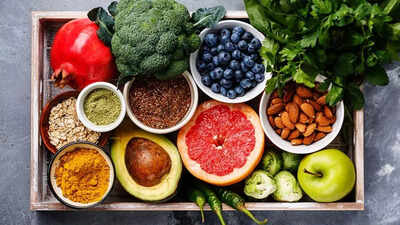
Doctors in recent years have noticed an alarming trend: colon cancer, once considered a condition primarily affecting older adults, is now being diagnosed more frequently in individuals under the age of 50.Colorectal cancer, also known as colon cancer, is a type of cancer that develops in the tissues of the colon or rectum. It’s one of the most common types of cancer worldwide and the second leading cause of cancer death in the United States. Thanks to obesity and alcohol consumption, bowel cancer has become the primary cause of the rising death toll among young adults.The colon and rectum are both parts of the large intestine, which is part of the digestive system. Colorectal cancer often begins as a growth called a polyp inside the colon or rectum. Most colorectal cancers are curable when localized to the bowel. However, recurrence following surgery is a major problem and is often the ultimate cause of death. Colorectal cancer can develop when cells in the colon or rectum change and no longer behave normally. These changes can lead to precancerous conditions, such as adenomas, or colorectal cancer itself. The most common type of colorectal cancer is adenocarcinoma, which starts in the gland cells that line the colon or rectum.Colorectal cancer, the most common gastrointestinal cancer, disproportionately affects Black, Hispanic, Indigenous, and Asian populations.According to the American Cancer Society, colon cancer impacts more than 100,000 Americans every year.
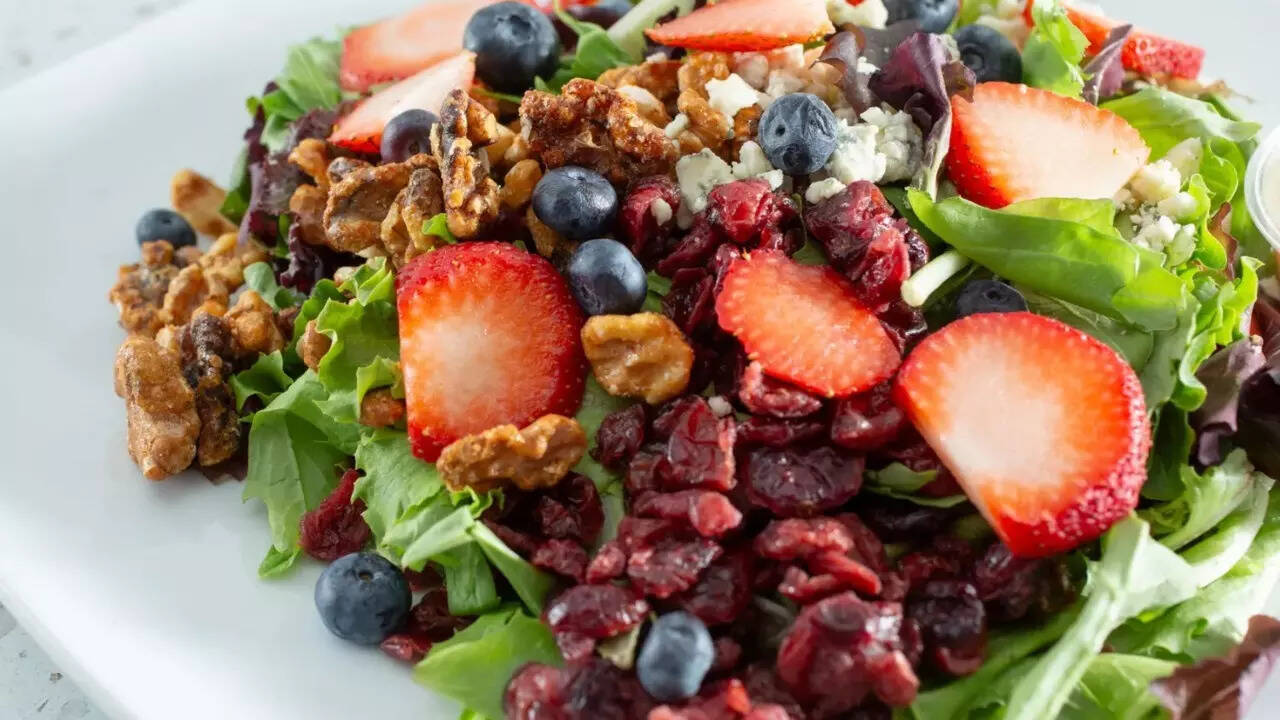
However, healthcare providers are relentlessly trying to draw our attention to the kind of lifestyle—including dietary habits, workouts, and sleeping patterns—that could be our ally in order to prevent colon cancer, especially in young adults. In this fight to prevent this aggressive type of cancer, nature’s basket must be our go-to, instead of processed and ultra-processed foods. A US-based Gastroenterologist, Joseph Salhab, D.O., recently shared a list of nutrition-packed fruits and vegetables that have been shown to reduce colon cancer risk, per a 2023 study published in the World Journal of Gastroenterology.
Fruits to reduce the risk of colon cancer (when and how to eat them)
Watermelon
More than just a summertime favorite, watermelon may offer real health benefits, including a 26% reduction in colon cancer risk with regular consumption, according to recent findings. Gastroenterologists recommend the fruit for its high lycopene content, a powerful antioxidant believed to protect cells from damage.

Best time to eat: Mid‑morning or afternoon snack, to both hydrate and curb cravings.Spruce it up: As Dr. Salhab highlights, watermelon is also incredibly hydrating, which supports digestive health and promotes regular bowel movements. Try it in savory dishes like a Watermelon, Cucumber & Feta Salad, or enjoy its natural sweetness in a refreshing No-Churn Watermelon Ice Cream.
Apples
The saying “an apple a day keeps the doctor away” may hold more truth than expected. Rich in gut-friendly fiber, apples have been shown to reduce colon cancer risk by 25% when consumed in higher amounts. They also contain polyphenols, which Dr. Salhab notes offer antioxidant and anti-inflammatory properties.
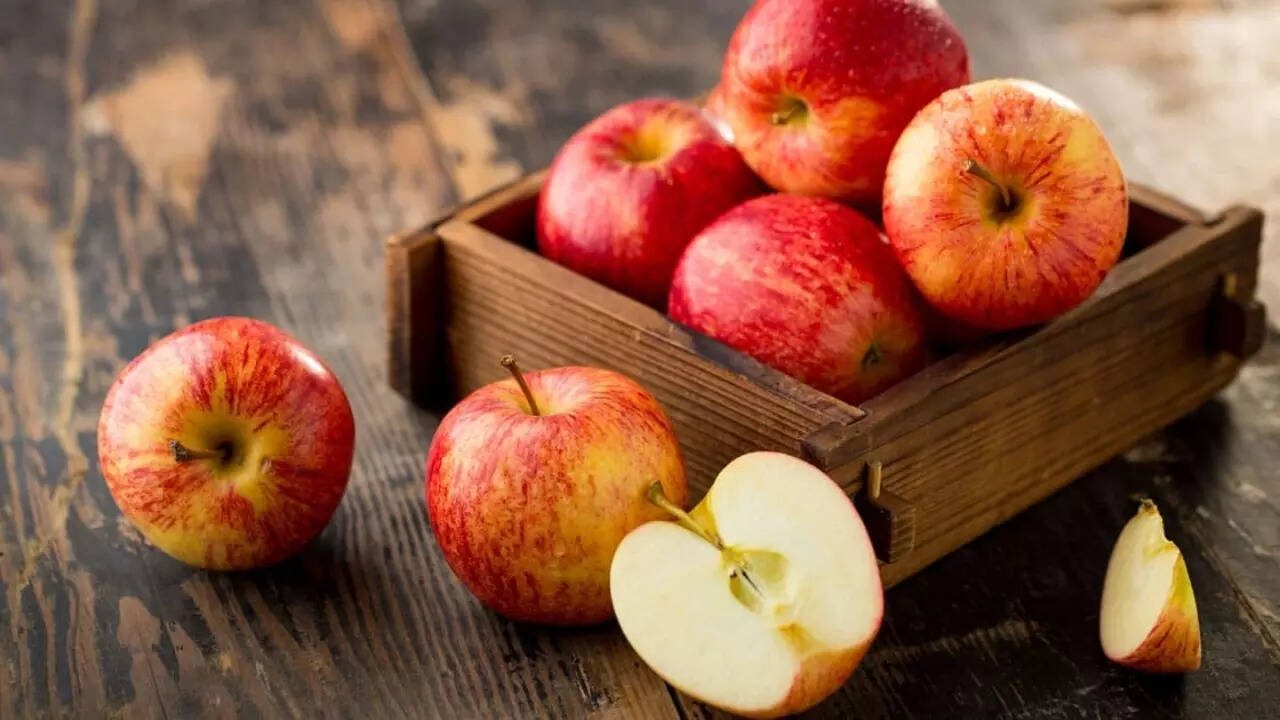
Best time to eat: Raw as breakfast or after lunch.Spruce it up: Apples are not only portable and satisfying on their own, but also versatile in meals, from salads and overnight oats to a classic snack with peanut butter for a fiber and protein-rich combo.
Kiwi
With a potential to lower colorectal cancer risk by 13%, kiwi is another fruit that shines in both nutrition and taste. Dr. Salhab calls it an excellent source of fiber, helping to support digestion. It’s also loaded with vitamin C, which plays a role in immune function, heart health, and skin repair.
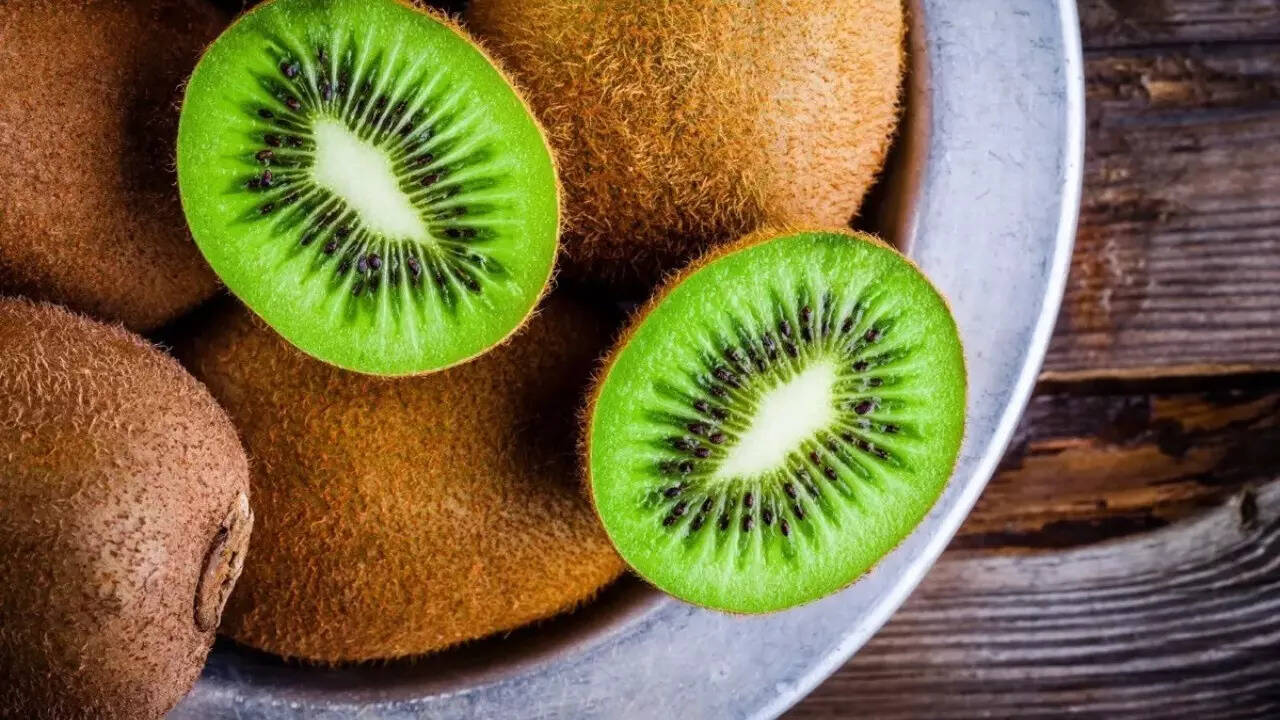
Best time to eat: With breakfast or as part of fruit bowls to kickstart digestion.Spruce it up: While kiwi adds brightness to fruit salads and yogurt bowls, it also pairs beautifully with savory fare, like in Easy Fish Tacos with Kiwi Salsa.
Citrus fruits (oranges, grapefruit, lemons, limes)
Including more citrus fruits in your diet, such as oranges, grapefruits, lemons, limes, and tangerines, may also contribute to lower colon cancer risk, with studies showing a 9% decrease linked to higher citrus intake. These fruits are loaded with vitamin C, which acts as an antioxidant to help neutralize free radicals and possibly minimize DNA damage.
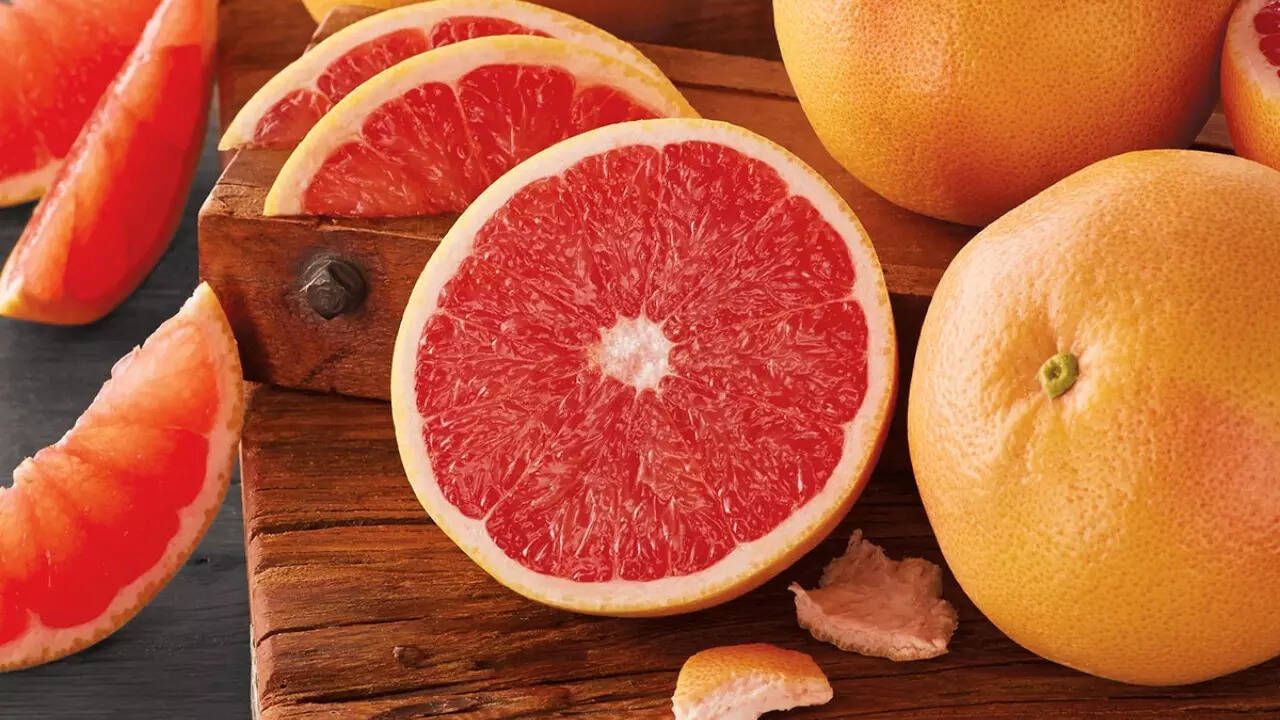
Best time to eat: Fresh citrus juice or whole fruit in the morning or midday.Spruce it up: Citrus also provides flavonoids, a type of polyphenol that may slow aging, reduce inflammation, and support cancer prevention. Celebrate warm weather and gut health with a Citrus Salad with Pomegranate & Mint, or repurpose scraps into a zero-waste Orange Peel Smoothie.
Why fruits are a great ally in cancer prevention
While dietary fiber and plant-based foods are known to reduce colorectal cancer risk, not all fruits are equal. A 2023 meta-analysis found protective associations specifically for citrus, apples, watermelon, and kiwi. Compared to a low intake:Watermelon reduced risk by 26%Apples by 25%Kiwi by 13%Citrus by 9%, with an optimal intake of around 120 g/dayHowever, it is important to note that while fruit can play a supportive role, no single food can prevent or cure cancer. An amalgamation of protective habits, like consuming a high-fiber, plant-rich diet, combined with exercise, well-managed weight, and minimal alcohol, is essential. High-fiber, plant-rich diets are associated with significantly lower colorectal cancer risk; every extra 10 grams of fiber daily may reduce risk by about 7%. Cutting processed and red meats, sugary drinks, ultraprocessed foods, and limiting alcohol is essential, increasing risk by up to 40% in some studies. Furthermore, maintaining a healthy weight and exercising regularly helps reduce inflammation and the risk of digestive cancer.




